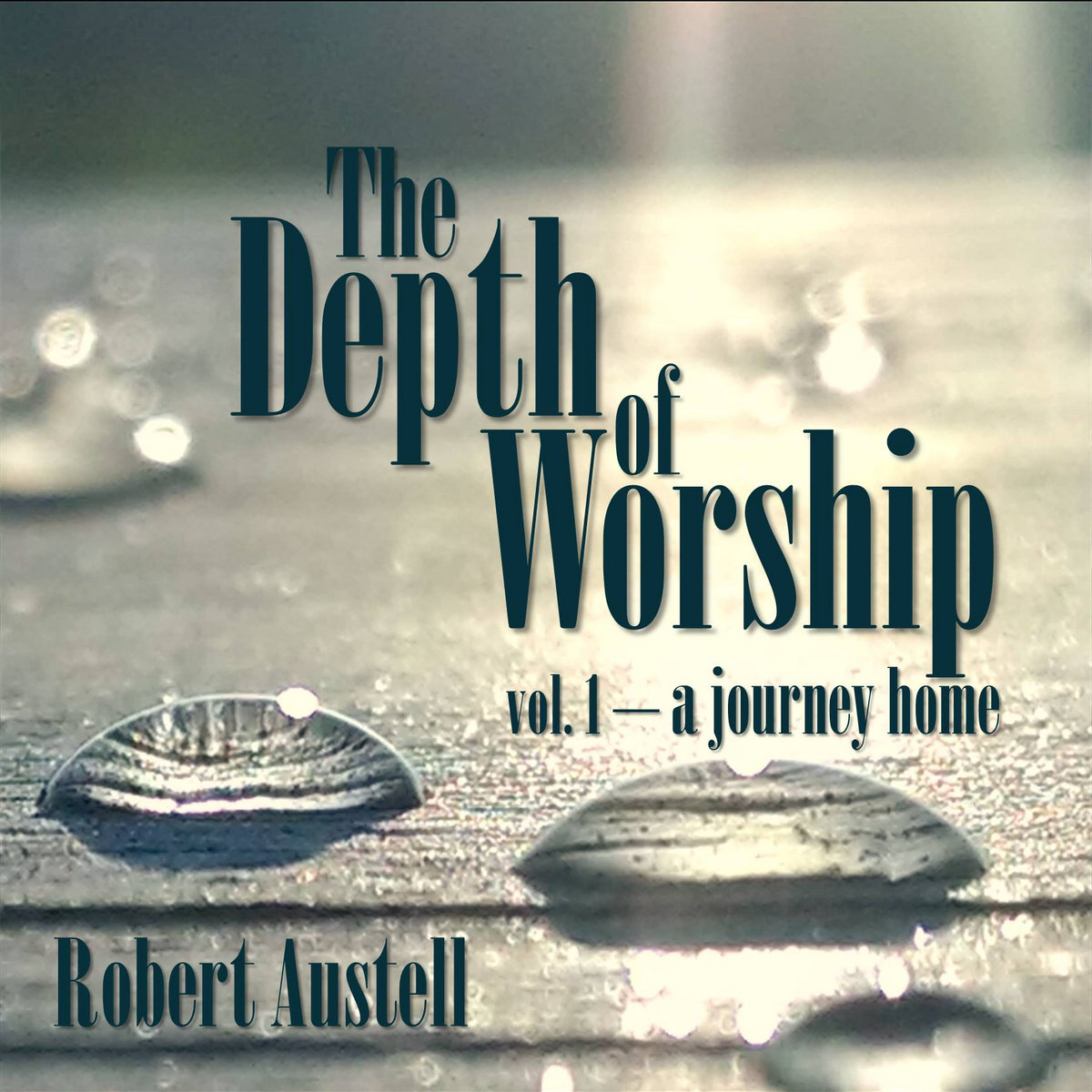Here are nine ways not to use Facebook:
1. Don’t use status updates to complain. For many, complaining has become a trend on Facebook. With their status updates, many people broadcast consistent grumbles, like: “Joe is bored,” “Joe can’t wait to leave his stupid job,” or “Joe is exhausted.” By all means, be real, be honest and authentic, but beware of the culture of complaint.
2. Don’t measure your worth/identity by the number of your Facebook friends and interactions. Facebook measurements are the opposite of gospel measurements. Facebook tells you that the more Facebook friends and interactions you have, the more important, loved, and accepted you are. The gospel tells sinners an opposite message: no matter how lonely, unpopular, or unnoticed you might feel, in Jesus you are more loved, accepted, and noticed than you can imagine.
3. Don’t value forming Facebook (virtual) friendships more than real world friendships.
4. Don’t diminish your face-to-face time with people to check what’s going on in your Facebook world. If you’ve ever been out to dinner with friends and found yourself anxious to pull away and check out what’s happening on Facebook, you know what I’m talking about.
5. Don’t be someone online you’d never be in person. Let Facebook reflect the real you, not some pseudo-personality that emerges when you’re alone with your computer.
6. Don’t hurt and exclude others (intentionally or unintentionally) through use of applications such as “Top Friends.” Likewise, don’t become jealous of others having conversations without you. Be patient and gracious with potential misunderstandings that inevitably happen in cyberspace. When you spot something on Facebook that causes feelings of hurt or jealousy, assume the best.
7. Don’t allow Facebook and online life in general to make you a more distracted person. If you’ve noticed that use of Facebook and online life—constant change, updates, movement, and hyperlinks—has made it more difficult for you to sit down and read a book for one hour, you’d benefit from stepping back and evaluating how this technology is affecting you.
8. Don’t allow Facebook to tempt you away from your calling and work. Don’t let Facebook’s little status updates (“Lisa is chewing gum”) and Wall writings take your focus off the great and big things that your heart should be engaged in, namely the work that God has put you on earth to do.
9. Don’t let Facebook cause you to think about yourself more than you already do. You were created to look outside yourself toward God, other people, and the wonder-filled world he has made for you to enjoy and cultivate.
In the same vein, here are six ways to use Facebook to love God and others, and care for your own soul:
1. Use Facebook to get back in touch with far-away friends, showing them how Jesus has changed you. As Facebook has reconnected me with friends from my past, a number have been struck by how much I’ve changed. High school friends from Sacramento regularly express shock at learning that I’m a pastor.
2. Use Facebook as an extension of face-to-face relationships and to enhance time with people. Get to know people and love and care for them better when you’re with them because, through Facebook, you know more about who they are and what’s going on in their lives.
3. Use Facebook to take the focus off of yourself. Facebook can actually help you get outside of yourself and your problems. Next time you login, use the time to focus on creatively listening to, loving, and encouraging others. Approach Facebook thinking about what you can give.
4. Use Facebook to sharpen and discipline what you do with your time. Facebook status updates can serve as a form of built-in accountability. Just knowing that my Facebook community can read my updates provides additional motivation to stay on task and actually do what I say I’m doing.
5. Use Facebook to quickly announce and facilitate great face-to-face gatherings. Instead of taking 45 minutes to call 10 people to come over for a spontaneous evening, use Facebook.
6. Use Facebook to influence other people for Jesus. Create a new culture with your status updates. Use them to love, encourage, teach, and challenge people.
Recently, my wife used a Facebook status update to express how her reading in the Gospel of John was encouraging her. One of my wife’s friends from high school read my wife’s update on a particularly difficult day, triggering her to begin reading the Gospel of John. Since that status update, my wife and her friend have had several fruitful conversations.
We are all in different places in our use of technology. As a result of bear hugging, some of us are Internet addicted and need to take a fast or maybe even a permanent break from Facebook. Some of us need to take more time to reflect, get alone with God, and ask him how to engage this technology for his glory, our good, and the good of others. A few of us are giving technology the cold shoulder and need to catch up with the 21st century.
May we work to put our use of Facebook beneath Jesus’ feet, along with everything else in our lives.
Justin Buzzard is a pastor at Central Peninsula Church on the San Francisco Peninsula. His first book, Consider Jesus, a guide to the book of Hebrews, will be published in early 2009. You can find him on Facebook under the name Justin Buzzard.


